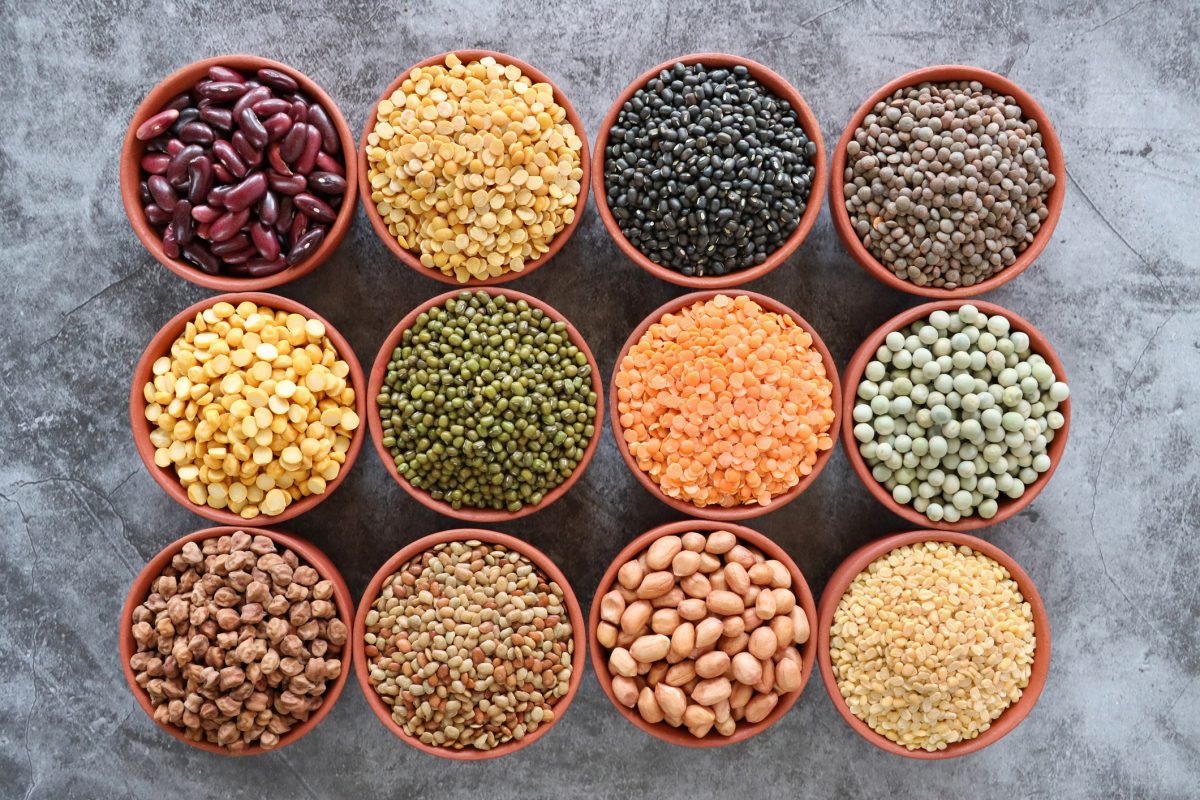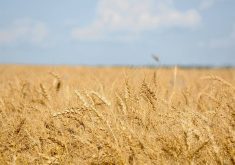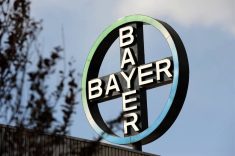Germany’s BASF SE has no plans to buy global biotech seed company Monsanto, sources with knowledge of the situation said Tuesday.
Rumours that a buyout was imminent sent shares of Monsanto up as much as four per cent while shares of BASF, the world’s largest chemical maker, fell 2.8 per cent to 62.59 euros.
A tie-up with Monsanto would give BASF a deeper footing in the U.S. and help it compete with agricultural rivals, including DuPont’s Pioneer unit and Dow Chemical’s DowAgroSciences unit.
Yet three sources with knowledge of the situation said BASF currently has no plans to make a bid for Monsanto. BASF and Monsanto declined to comment.
Read Also

Pulse weekly: Canadian pea/lentil exports slow to start 2025/26
Canadian pea and lentil exports were down in November, with total movement of the two pulses during the 2025/26 (Aug/Jul) crop year-to-date running behind the year-ago pace, according to the latest international trade data from Statistics Canada released Jan. 29
The sources said any bid for Monsanto would need to be high, with some speculating any offer would need to be a 100 per cent premium to Monsanto’s market cap, which is roughly $37 billion (non-euro figures all US$).
Activity in both stocks was high, with more than 5.8 million Monsanto shares trading hands. The stock’s average daily trading volume is roughly 4.8 million.
In the options market, Monsanto options were heavily traded. Options volume was 3.2 times greater than average daily levels, with about 58,000 calls and 11,000 puts traded by 2:04 p.m. EDT, according to options analytics firm Trade Alert.
“Monsanto shares and front-month call options are active on unconfirmed rumours that BASF is interested in the company,” Jon Najarian, co-founder of Chicago-based brokerage firm TradeMonster, told Reuters.
Investors often turn to equity call options, which grant them the right to buy the stock at a fixed price any time up until expiration, to speculate on share price appreciation.
Dicamba tolerance
The two companies are rivals as well as collaborators, most recently announcing an agreement to jointly develop dicamba-tolerant cropping systems similar to the highly successful Roundup Ready herbicide-tolerant genetically modified crops for which Monsanto is known.
The system is expected to be introduced in the U.S. and Canada in the middle of the decade, pending regulatory approvals.
The two companies also have established a research and development collaboration to develop other new genetically modified crops for farmers.















